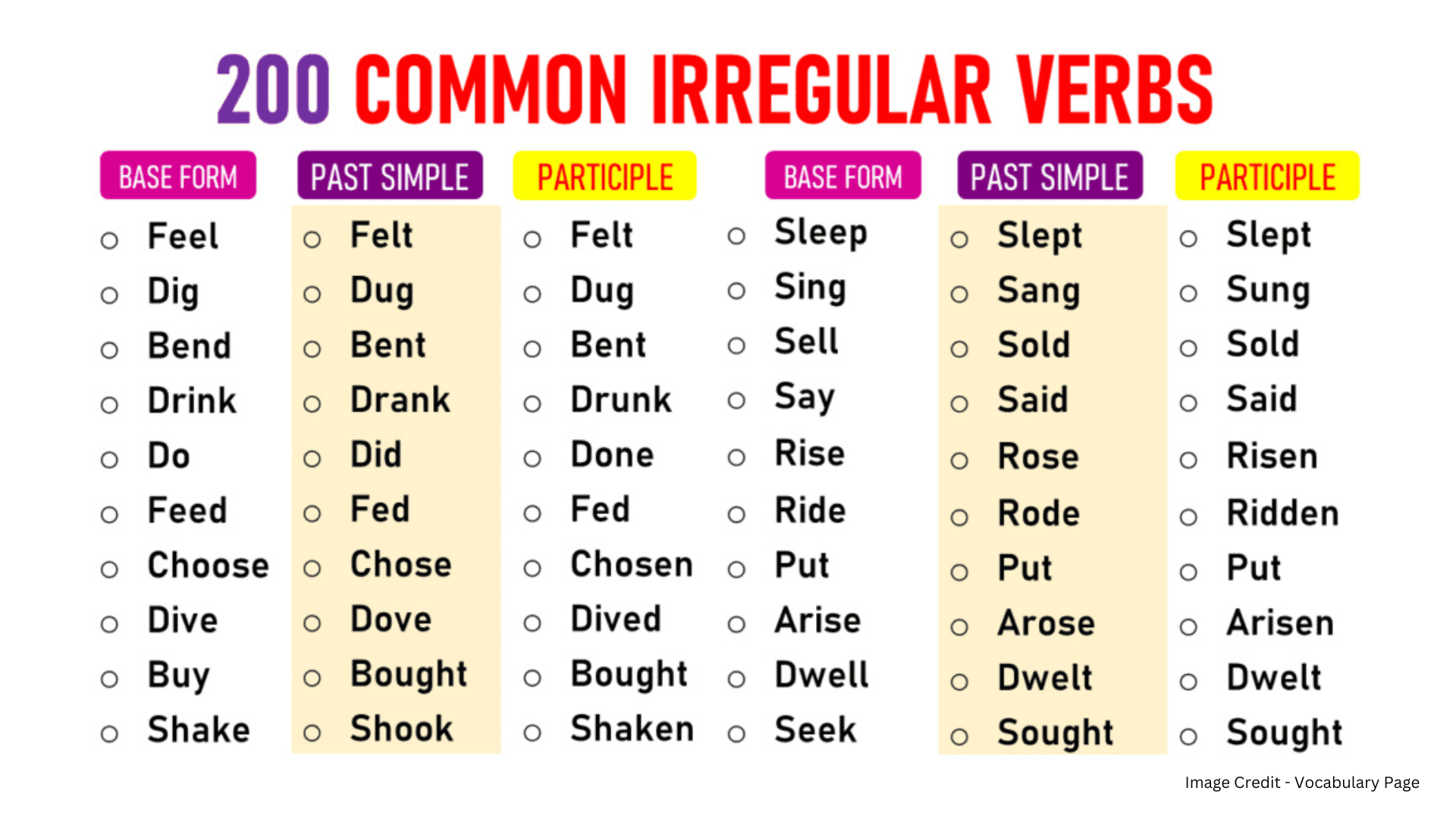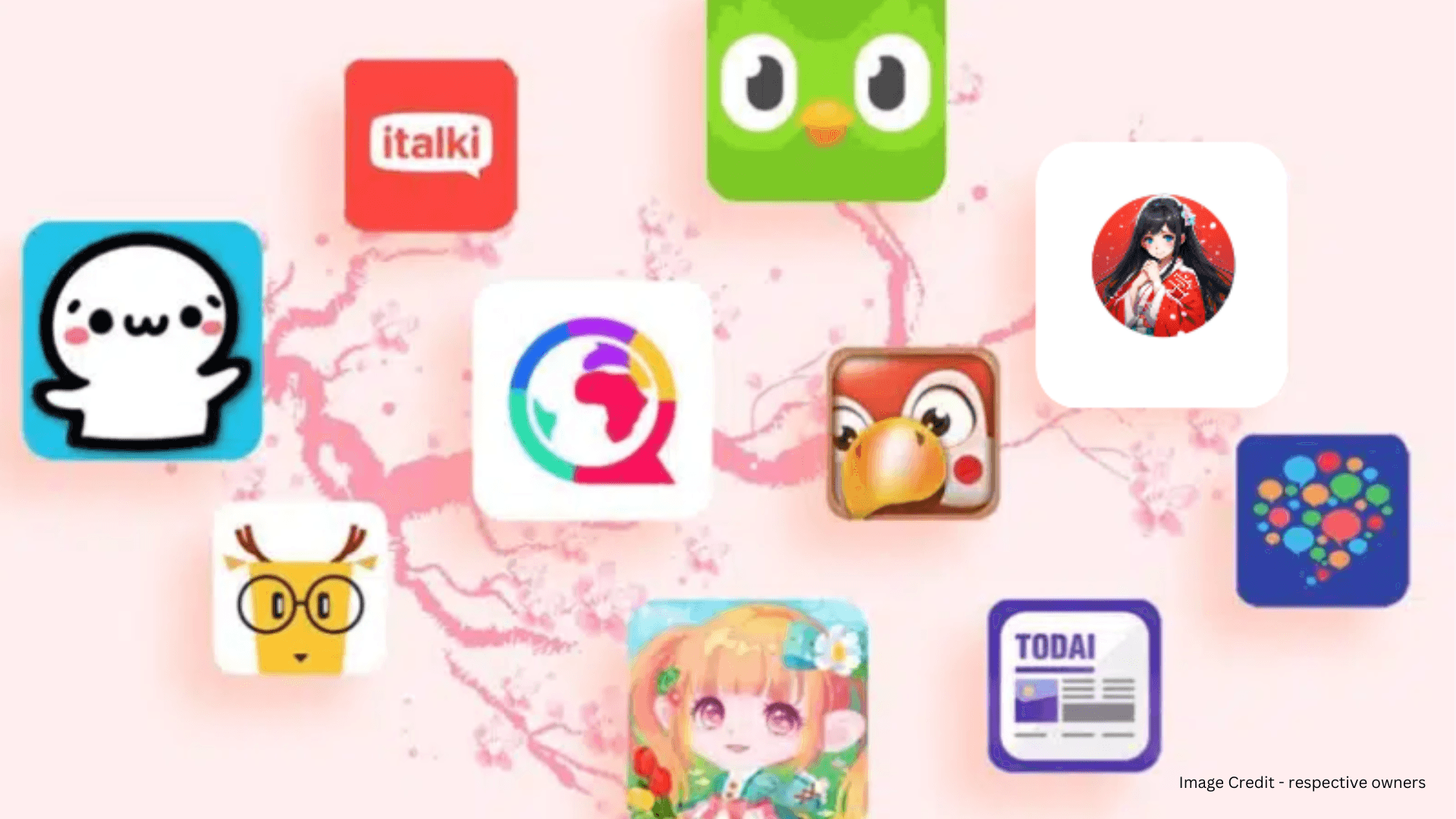How Hard Is It to Learn Japanese? Challenges & Tips
How hard is it to learn Japanese? That really depends on your goals and approach. For English speakers, Japanese is often labeled as one of the more difficult languages to learn. In fact, the Foreign Service Institute (FSI) places it in Category V—the most challenging tier—estimating around 2,200 hours of study to reach professional fluency. But that’s typically for people who want to work in Japan or use Japanese in a formal setting. If you’re learning it for fun, travel, or to enjoy anime without subtitles, the path is a lot less overwhelming. With the right tools and consistent practice, picking up conversational Japanese can be much more doable than most people think.
The rise of remote learning tools, vast content library resources, and beginner-friendly study methods makes learning the language more accessible than ever. So, is Japanese really that hard to learn? Let’s break it down.
Key Takeaways
Japanese Has a Reputation for Being Difficult, but It's Manageable – While Japanese is classified as a Category V language requiring ~2,200 hours of study for fluency, this applies mainly to professional-level proficiency. If your goal is casual conversation or travel, Japanese is much easier than commonly believed.
Japanese Grammar Is Simple – Despite having three writing systems (Hiragana, Katakana, and Kanji), Japanese grammar is straightforward, with only two verb tenses (past and present/future) and no gendered nouns or articles, making sentence construction easier.
Modern Learning Resources Make It Easier Than Ever – With language apps, YouTube lessons, AI-powered conversational partners like Sakuraspeak, and immersive content like anime and J-dramas, learning Japanese is now more accessible and engaging than ever.
Enjoy The Process – Instead of worrying about perfection, focus on regular practice through conversational partners, daily study, and watching Japanese content. Engaging with topics you love (e.g., anime, music, or travel) makes the learning process more enjoyable and sustainable.
Why Is Japanese Considered Difficult?
Japanese is considered a difficult language due to its unique writing system, different grammatical structure, and complex politeness levels. Unlike English, it uses three scripts, has a distinct sentence order, and requires an understanding of various speech levels based on social context. You might wonder, is it hard to learn Japanese? The answer depends on your goals and learning style—but there's no denying that these features make the language both challenging and fascinating for dedicated learners.

Three Writing Systems
Unlike English, which uses just the Latin alphabet, Japanese has three different writing systems:
Hiragana (ひらがな) – Used for native Japanese words and grammatical elements.
Katakana (カタカナ) – Used for foreign words, loanwords, and emphasis.
Kanji (漢字) – Thousands of Chinese characters representing entire words or concepts.
Learning Hiragana and Katakana can be done in a few weeks, but Kanji will span across your entire language learning journey. The good news? You don’t need to master all 2,000+ Kanji to be conversational.
Just having a good understanding of the Hiragana and Katakana is enough to get you started into being able to speak basic Japanese phrases like “こんにちは” (Hello) or “すみません” (Excuse me.)
Grammar Differences (SOV vs. SVO)
Japanese follows a Subject-Object-Verb (SOV) structure, while English follows Subject-Verb-Object (SVO). Here are three examples to illustrate the difference:
English: "I will watch a movie." → Japanese: (Watashi wa eiga o miru. / 私は映画を見る)
English: "She eats sushi every day." → Japanese: (Kanojo wa mainichi sushi o taberu. / 彼女は毎日寿司を食べる)
English: "We bought a new car." → Japanese: (Watashitachi wa atarashii kuruma o katta. / 私たちは新しい車を買った)
This takes time to adjust to, but it will become second nature with time.
You can also check this video below by a native Japanese teacher who does a great job explaining this concept:
Politeness Levels & Honorifics
Japanese has multiple speech levels depending on formality:
Casual (タメ口 / Tameguchi) – Used with people you’re close to.
Polite (丁寧語 / Teineigo) – Used in most conversations with strangers. (This is the one most frequently used if you’re a foreigner travelling in Japan)
Honorific (敬語 / Keigo) – Used in business and customer service.
Here’s an example sentence in all three forms:
Casual: "Did you eat?" → Tabeta? (食べた?)
Polite: "Did you eat?" → Tabemashita ka? (食べましたか?)
Honorific: "Have you had the opportunity to eat?" → Meshiagarimashita ka? (召し上がりましたか?)
While this can be overwhelming at first, beginners can start with the Teineigo form and gradually learn more formal expressions over time.
If your main purpose to learn Japanese is for travelling or as a hobby, you won’t have to worry about mastering Keigo as that’s mostly used for those who plan to work in Japan.
In most cases, Teineigo (Polite Form) is often more than enough to get you by when you visit Japan as a foreigner, as most locals don’t expect you to be fluent in Keigo.
Why Japanese Is NOT that Hard?
While Japanese is often labeled as one of the most difficult languages to learn, there are several aspects that actually make it more approachable than you might think. For example, Japanese pronunciation is relatively simple, grammar can be more logical than English in some ways, and spoken Japanese often avoids complex conjugations. Once you break through the initial learning curve, you’ll realize that Japanese isn't as intimidating as it first appears—especially when you focus on practical usage and everyday communication.
Simple and consistent conjugation rules
Unlike English which has complex tenses (past, present, future, perfect), Japanese only has two:
Present/Future: 食べる (taberu – "to eat")
Past: 食べた (tabeta – "ate")
In Japanese, the present and future tenses are expressed using the same verb form. For example, taberu (食べる) can mean both "I eat" and "I will eat," depending on the context.
Here are some examples:
English: "I study Japanese every day." → Japanese: (Watashi wa mainichi Nihongo o benkyou suru. / 私は毎日日本語を勉強する)
English: "She will go to school tomorrow." → Japanese: (Kanojo wa ashita gakkou e iku. / 彼女は明日学校へ行く)
English: "They ate sushi yesterday." → Japanese: (Karera wa kinou sushi o tabeta. / 彼らは昨日寿司を食べた)
Additionally, Japanese verbs conjugate only based on the point in time of the action and nothing else. Verbs in English can conjugate depending on subject, plurality and time.
Example: I eat, the student eats, the students eat vs. 私が食べる、学生が食べる、学生たちが食べる
Furthermore, the conjugations in Japanese are consistent: Aside from 3 words (行く、来る、する), every other word follows the same conjugation rules with no exceptions. This is in comparison to English with its number of irregular verbs:

No Gendered Nouns or Articles
In English, we have "a," "an," and "the." In Japanese, there are no articles, making sentence construction simpler in many cases, nor are there the concept of noun genders commonly seen in other languages.
Pronunciation Is Straightforward
Japanese pronunciation is consistent and phonetic—each syllable is always pronounced the same way, unlike English where "ough" can be read in multiple ways (e.g., "though," "rough," "through").
Japanese has five vowel sounds which remain consistent for every word:
A (あ) - "ah"
I (い) - "ee"
U (う) - "oo"
E (え) - "eh"
O (お) - "oh"
Learning Resources Are Everywhere

Japanese has always been one of the more popular foreign languages to learn, which means learning resources are relatively accessible. With the rise of language learning platforms, YouTube tutorials, and AI-powered tools, learners now have more support than ever. Many of the top apps to learn Japanese offer structured lessons, interactive exercises, and real-time feedback—making it easier to stay motivated and make consistent progress.
It's never been easier to start learning today, but one common mistake beginners make is getting trapped in "perfectionism." Instead of waiting for the ‘right’ moment, focus on the improvements you’ve made over the last time you spoke. Anyone that has ever attempted to learn a language knows that it's completely normal to struggle in the beginning. There’s no need to compare yourself to others—progress happens at different speeds for everyone. Stay consistent, embrace mistakes, and enjoy the process!
Other Tips for Learning Japanese More Effectively
While structured lessons and consistent study routines are important, there are plenty of small changes and strategies that can significantly improve your progress. These additional tips for learning Japanese more effectively focus on optimizing your environment, using memory techniques, and incorporating the language into your daily life in fun and practical ways. Whether you're a beginner or already have some experience, these methods can help keep your learning fresh and engaging.
Start with Hiragana & Katakana – Apps like Duolingo and Kana have writing exercises that can assist you in recalling the different characters more easily, and even have a Quiz function to test your knowledge
Have a conversation partner – Imagine how frustrating it is when you can understand every word that is said, but lack the ability to respond meaningfully to it. The biggest challenge and also the step neglected the most in language learning is spoken output. The reason is that practice for this aspect is not as straightforward as the others, be it a lack of opportunities or confidence. With apps like Sakuraspeak however, you can practice the ability to express your views in Japanese without going out of your way to hire a tutor or find a conversation partner. AI can serve as a springboard for building confidence towards actual conversations.
Watch content that you enjoy – This can be anything, from Jpop to Jdramas, or even your favorite podcasts/anime series
Lean towards consistency over long studying hours.
Find a language exchange partner – Discord language communities can be great to make friends with native Japanese speakers looking to improve their English, which makes it a win-win situation for both parties
FAQs
Why is Japanese considered difficult to learn?
Japanese is difficult because of its three different writing systems, complex grammar, and cultural nuances in the language. Sentence structure is also different from English, and there are multiple levels of politeness that learners must understand and use correctly.
Is Japanese hard to learn for English speakers?
Yes, Japanese is considered a challenging language for English speakers, primarily due to its unique writing systems (Hiragana, Katakana, Kanji), grammar, and sentence structure. However, with the right tools and dedication, it’s entirely possible to learn, and many find it rewarding once they get the hang of it.
How long does it take to learn Japanese if it’s so hard?
Learning Japanese varies for everyone. If you’re focused on conversational skills, it may take around 6-12 months of daily practice to feel comfortable with basic conversations. Achieving full fluency can take 2-5 years of consistent study and practice.
What resources should I use if Japanese is hard to learn?
There are many resources available, from textbooks like "Genki" to apps like Sakuraspeak, which focuses on conversational practice. Using a mix of grammar resources, vocabulary tools, and regular speaking practice with native speakers will give you a balanced approach to mastering Japanese.
Conclusion
Yes and no. How hard is it to learn Japanese? It depends on your goals and approach. Japanese does have its challenges, but with the right methods and tools, it’s much easier than most people expect! Whether you're learning for travel, work, or fun, consistency and immersive practice are the real keys to success.
One of the best ways to stay motivated is to find something you love about the language—whether it’s anime, J-pop, Japanese food, or travel. Find a topic that you’re absolutely obsessed with and build a strong vocabulary around it. The knowledge that you can confidently express yourself in an area you’re passionate about will inspire you to expand into other topics. Integrating your personal interests into your studies keeps things engaging and makes the process feel less like a chore—and more like something you genuinely enjoy.
Make Learning Japanese Easier with SakuraSpeak
While learning Japanese can be challenging, the right tools can make your journey smoother and more enjoyable. If you're looking for a way to practise conversational Japanese in a stress-free and engaging environment, SakuraSpeak is here to help.
Our AI-powered app is designed to help beginners speak Japanese naturally through interactive conversations. You can practise at your own pace, make mistakes without judgment, and get instant feedback—all from your phone. Whether you're aiming to travel, watch anime without subtitles, or simply explore a new language, SakuraSpeak helps you build real-world confidence step by step.






